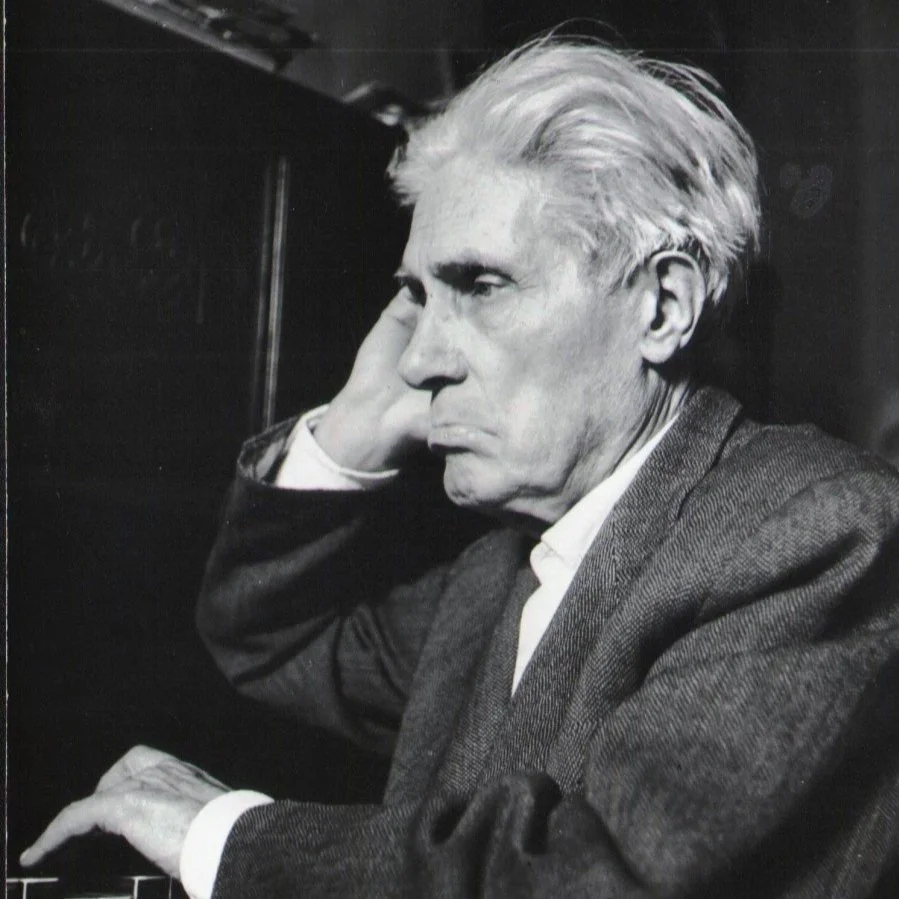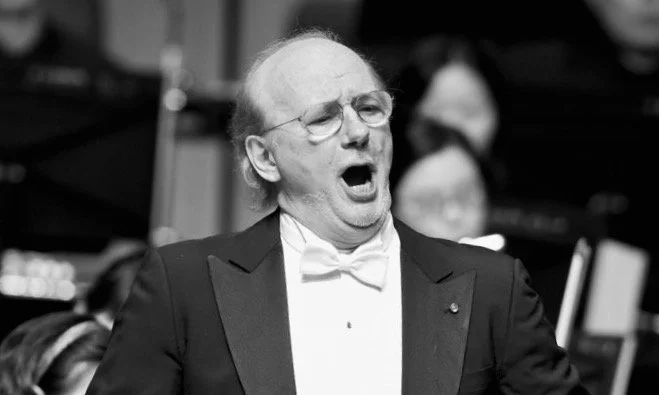
Arturo Melocchi Academy: The Official Home of the Melocchi Method
Master the legendary Italian old-school operatic singing technique that trained some of opera’s greatest voices, passed down through a direct lineage from Arturo Melocchi
The Method
The Arturo Melocchi Academy preserves and teaches the Melocchi Method, a vocal technique pioneered by Arturo Melocchi (1879–1960) and transmitted directly through his student Marcello del Monaco (1919–1984), brother of the legendary tenor Mario del Monaco. Historically known as the Melocchi Method, this approach represents one of the most influential vocal techniques in the history of Italian operatic singing. As a cornerstone of the old-school Italian operatic tradition, it shaped the technical foundation behind some of the most powerful voices of the twentieth century.
Arturo Melocchi developed a vocal training system grounded in physiological principles enabling singers to unlock their full vocal potential. The method focuses on expanding the pharyngeal space by raising the soft palate and lowering the larynx, creating an ideal resonating cavity that naturally amplifies the voice and allows it to project with clarity and richness across the entire range. Carefully structured exercises strengthen and coordinate the laryngeal muscles, resulting in a voice that is powerful, rounded, and flexible — the hallmark of the great operatic singers of the twentieth century.
The success of this approach is evident in the remarkable artists it shaped: Mario del Monaco, Franco Corelli, Gianfranco Cecchele, Gastone Limarilli, Giuseppe Giacomini, Nicola Martinucci, Silvano Carroli, and many others.
Through this direct and unbroken lineage — from Arturo Melocchi to Marcello del Monaco and their students — the method has been preserved with extraordinary fidelity across generations. At the Arturo Melocchi Academy, we are committed to transmitting this authentic technique in its purest form, ensuring its legacy continues to inspire and empower future generations of singers.
Although Arturo Melocchi did not establish an official school or governing body, his work survived through direct pedagogical transmission, documented recordings, written sources, and the lived experience of singers trained in his tradition. Today, the Arturo Melocchi Academy serves as an independent scholarly and pedagogical reference, offering the most extensive curated collection of authentic historical and technical material on the Melocchi Method available online.
Who This is For?
You’ve invested years in formal education — conservatory, university, private lessons — but something still isn’t working. Or maybe you’ve studied with countless teachers over decades, yet something essential has never clicked. This work is also for established professionals — singers with careers, stage experience, and formal credentials — who sense that a deeper technical clarity or consistency is still missing.
• The passaggio feels like a fight every time.
• High notes are unreliable, thin, or strained.
• You’ve received conflicting advice, and technique feels vague.
• You can sing the repertoire, but it doesn’t feel grounded or sustainable.
• You feel your voice has potential, but it lacks power and resonance.
• Teachers told you "the high notes will come" or "it’s your voice type"
Core benefits of the Melocchi Method
● Expanded Vocal Range
Unlock your full range using a grounded, efficient technique rooted in tradition.
● More Powerful Voice
Develop the strength and resonance needed to carry effortlessly in the opera house.
● Homogeneity of Timbre
Achieve a consistent, rich tone across all registers—from bottom to top.
● Resolution of the Passaggio
Smooth over vocal breaks with precise exercises passed down from Arturo Melocchi.
Have more questions about how the Melocchi Method works?
Visit our full FAQ page
What Students Are Saying
Before and After: The Melocchi Method in Action
Bass Student Transformation through the application of the Melocchi technique
Arturo Melocchi
Arturo Melocchi was born in 1879 in Milan. At a young age, he was accepted into the Milan Conservatory, where he studied piano from 1893 to 1898. Being gifted with a strong baritone voice, he later enrolled in the conservatory's singing program under the direction of Giuseppe Gallignani. For his final exam, Melocchi performed an aria for baritone from Meyerbeer’s Dinorah, the sixth vocalize for baritone by Gaetano Nava (Op. 24), and the aria “È ver ch’io t’ingannai” from Meyerbeer’s Fra Diavolo. He also demonstrated sight-reading skills and answered questions on vocal anatomy, pedagogy, and both classical and modern vocal literature. In 1912, Melocchi began teaching at the Conservatory of Pesaro. His career was interrupted in 1916 when he was drafted into military service during World War I. After completing his service, he resumed teaching, a vocation he would continue until 1941. Over the years, he trained many renowned singers, including his most famous student, Mario del Monaco, whom he met in 1932. In 1941, Melocchi was suspended from the conservatory due to his anti-fascist views. During this period, he spent three years teaching in Hong Kong and Shanghai. On September 7, 1947, Melocchi’s students petitioned the director of the Dante Conservatory, for his reinstatement. Their efforts were successful, and the conservatory council offered him a teaching position for the 1947/48 academic year. Melocchi resumed teaching, but only for two more years before retiring permanently.
“Give me a person from the street and in a short time I will make him a voice.”
— ARTURO MELOCCHI
Technique blog
















